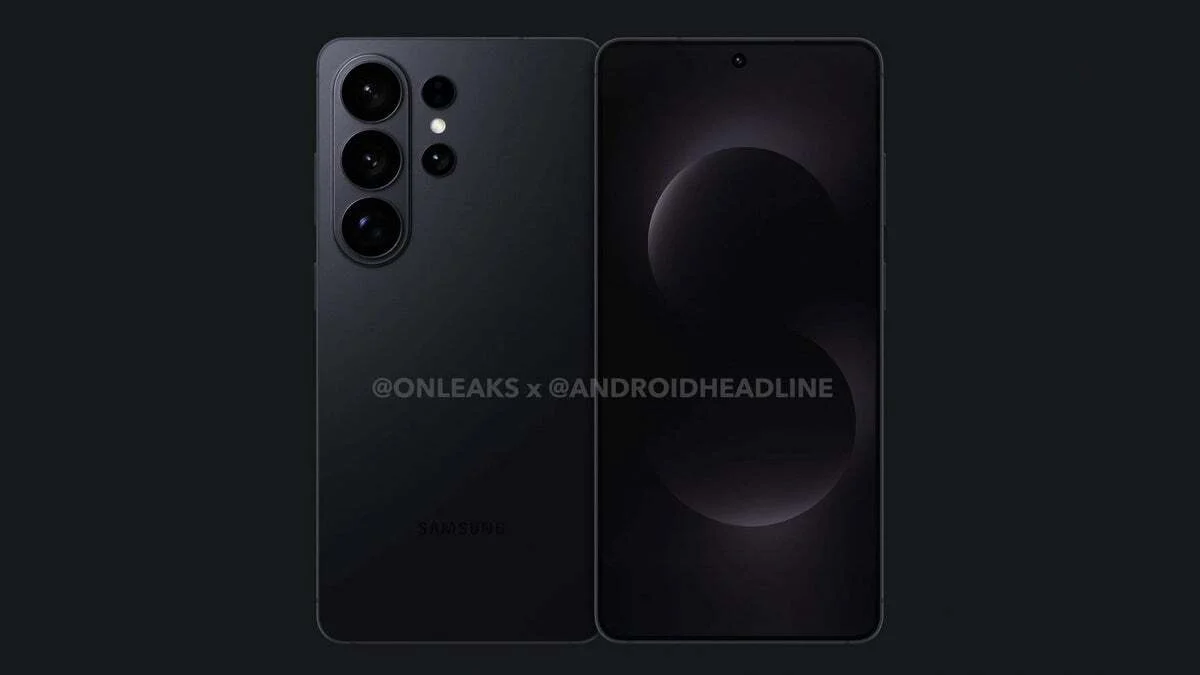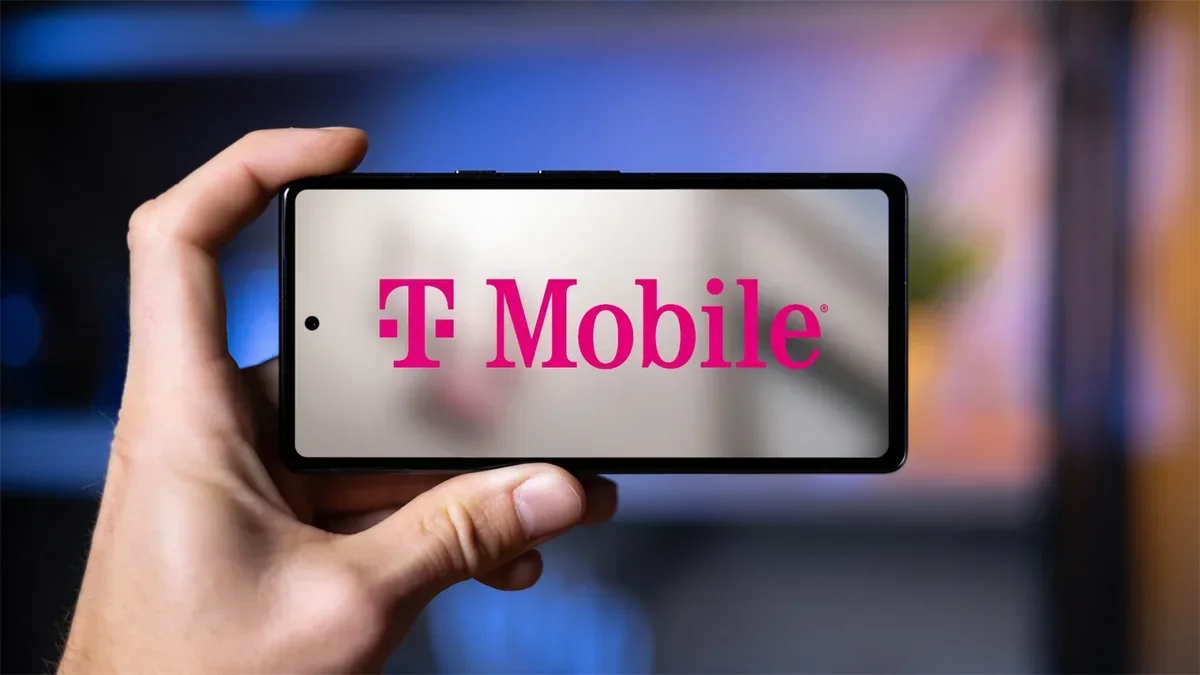According to recent reports, Apple is intentionally slowing down the release of new content for its Vision Pro headset. This strategic move is believed to be linked to the device's sales performance and high production costs. The limited and infrequent updates to the content library have raised concerns among potential customers, with popular series having only a few episodes and sports content from previous years still being featured. The core issue seems to be Apple's reluctance to invest heavily in programming due to the device's modest sales numbers and the exorbitant costs associated with producing immersive video.
The fear of releasing a large content library now only to be overshadowed by a future, more affordable Vision Pro model in 2027 has led to a dilemma for Apple. By holding back content, the company risks pigeonholing the Vision Pro as a niche product rather than a mainstream computing platform. This cautious content strategy contrasts with competitors like Meta, who are focusing on launching more budget-friendly smart glasses to attract a wider audience.
While Apple's financial prudence is understandable, critics argue that this approach might hinder the Vision Pro's potential for growth. The lack of investment in a robust content ecosystem could limit the device's appeal and prevent it from achieving the success seen with the iPhone and iPod. As the tech industry gears up for the next wave of immersive devices, Apple's content strategy for the Vision Pro raises questions about the device's future in the market.




